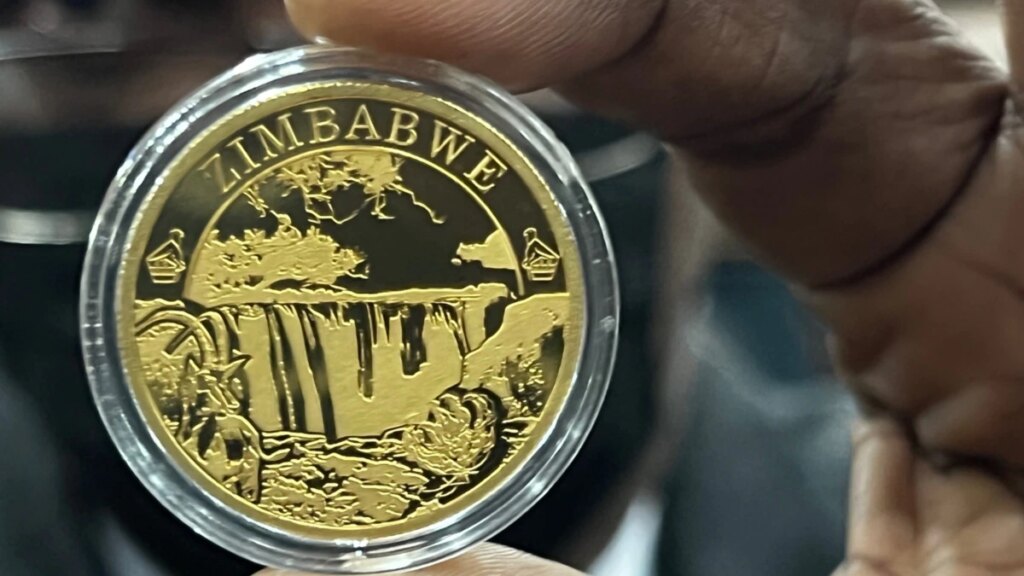
The Zimbabwean government is developing a cryptocurrency regulatory framework and seeking input from local and international crypto service providers. According to The Zimbabwe Mail, the government has formed a working group to gather this feedback and expects results by no later than June 26.
Nick Mangwana, Zimbabwe’s Information Secretary, announced on X that the government is working to fully understand the country’s crypto ecosystem. Lawmakers are concerned about cryptocurrencies being used for “money laundering and terrorism financing”.
“In line with global trends and best practices, Zimbabwe is embarking on an exercise to assess and understand the crypto-currency (also referred to as virtual assets) landscape in Zimbabwe. The purpose of the exercise is to, among other things: 1) determine the nature and extent of the crypto-currency ecosystem in Zimbabwe; 2) assess and understand the risks of cryptocurrencies being misused for money laundering, terrorism financing and other illicit purposes
Considering the anonymity and decentralization of these assets, it’s crucial to identify and mitigate any associated risks”.
Zimbabwe has been in the global spotlight for many years due to its significant economic problems. By the late 1990s, hyperinflation had already become a prominent issue in the country. However, between 2007 and 2009, the situation reached a truly dire level: inflation soared to 79,600,000,000% per month, causing prices to double roughly every 24 hours. Similar scenarios have occurred in countries like Germany, Hungary, Bolivia, Argentina, and Venezuela, where physical banknotes became worthless.
In 2020, Zimbabwe faced another inflationary crisis, albeit less severe than in 2008. The annual inflation rate was estimated to have exceeded 800%.

In May 2023, Zimbabwe’s Central Bank introduced digital tokens backed by the country’s gold reserves. Named Zimbabwe Gold (ZiG), these tokens aimed to reduce dependence on the US dollar. However, the initiative did not garner support from international economic experts, who argued that while the tokens could offer short-term benefits, they alone cannot solve significant inflationary challenges.
“A gold-backed token alone cannot be the solution… In a hyperinflation scenario, people always seek a store of value, something that preserves their purchasing power. Strong macroeconomic management is essential… Don’t spend what you don’t have”.
–Prosper Chitambara, economist.
An IMF representative provided this statement to Bloomberg:
“Careful assessment is essential to determine whether the token’s benefits outweigh its potential costs and challenges, including macroeconomic and financial stability risks, legal and operational issues, and governance difficulties”.
Subscribe to our Newsletter and follow us on X for regular updates on Hamza.biz, the pioneering Web3 Marketplace powered by the Loadpipe protocol and the LOAD token. Our solution aims to elevate the e-commerce industry with low gas fees, trading freedom, and many cryptocurrencies. Click here to explore our roadmap for Hamza.
Further news:
- South Korean Agency Suggests Crypto Tax Could Be Postponed or Abolished.
- Deutsche Bank and Bitpanda Forge New Deal to Streamline Crypto Transactions.
- Rwanda is Not Falling Behind: Working on its CBDC.
- User loses millions on Binance due to malicious Google Chrome plugin.
- Ledger begins shipping pre-orders of its new wallet: Ledger Stax.
- Cristiano Ronaldo and Binance join forces to launch a new NFT collection.
- Brazil’s Central Bank Aims to Finalize Crypto Regulation by End of Year.
- El Salvador’s Bitcoin Mining: Nearly 474 BTC Mined Since 2021, According to Reuters.